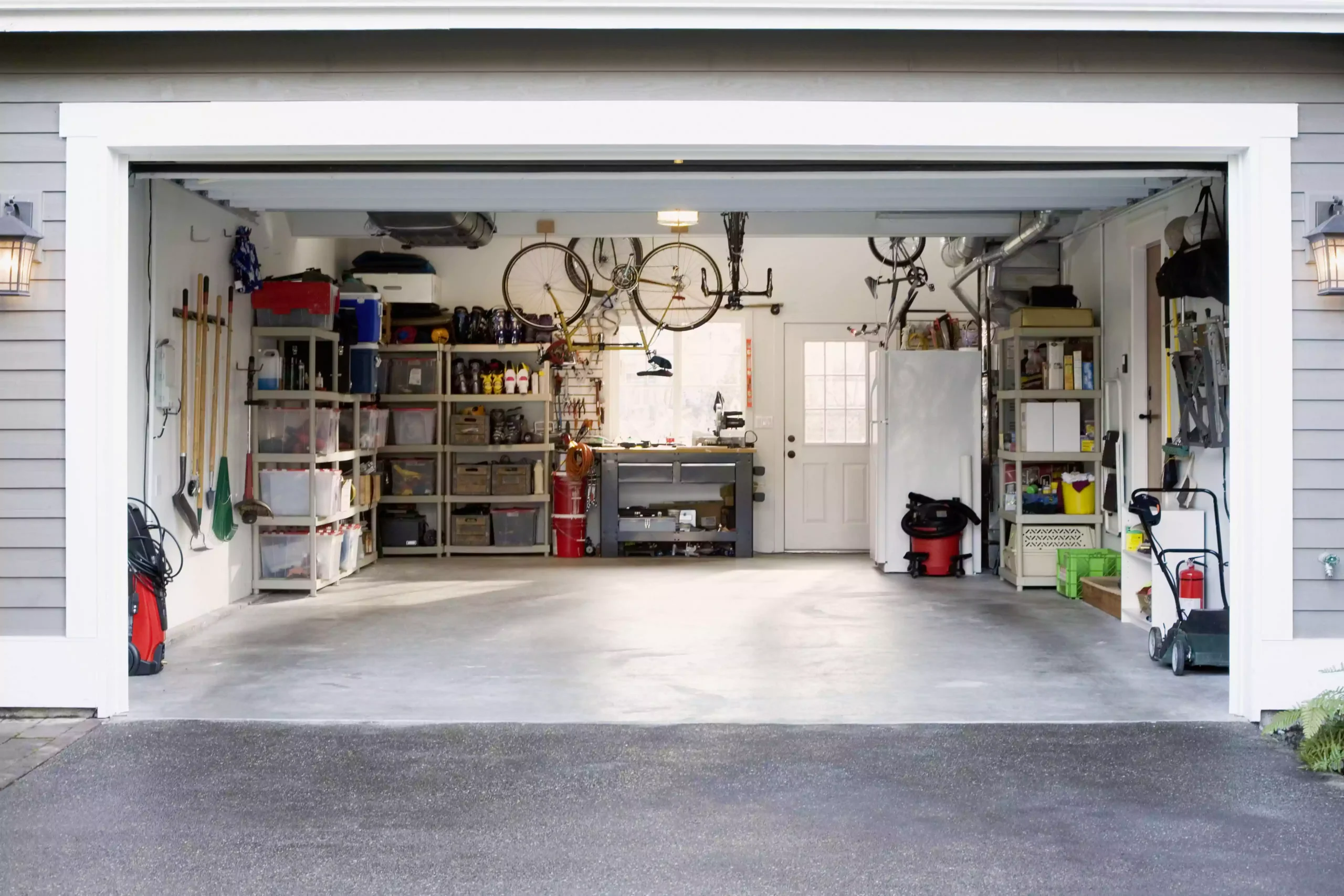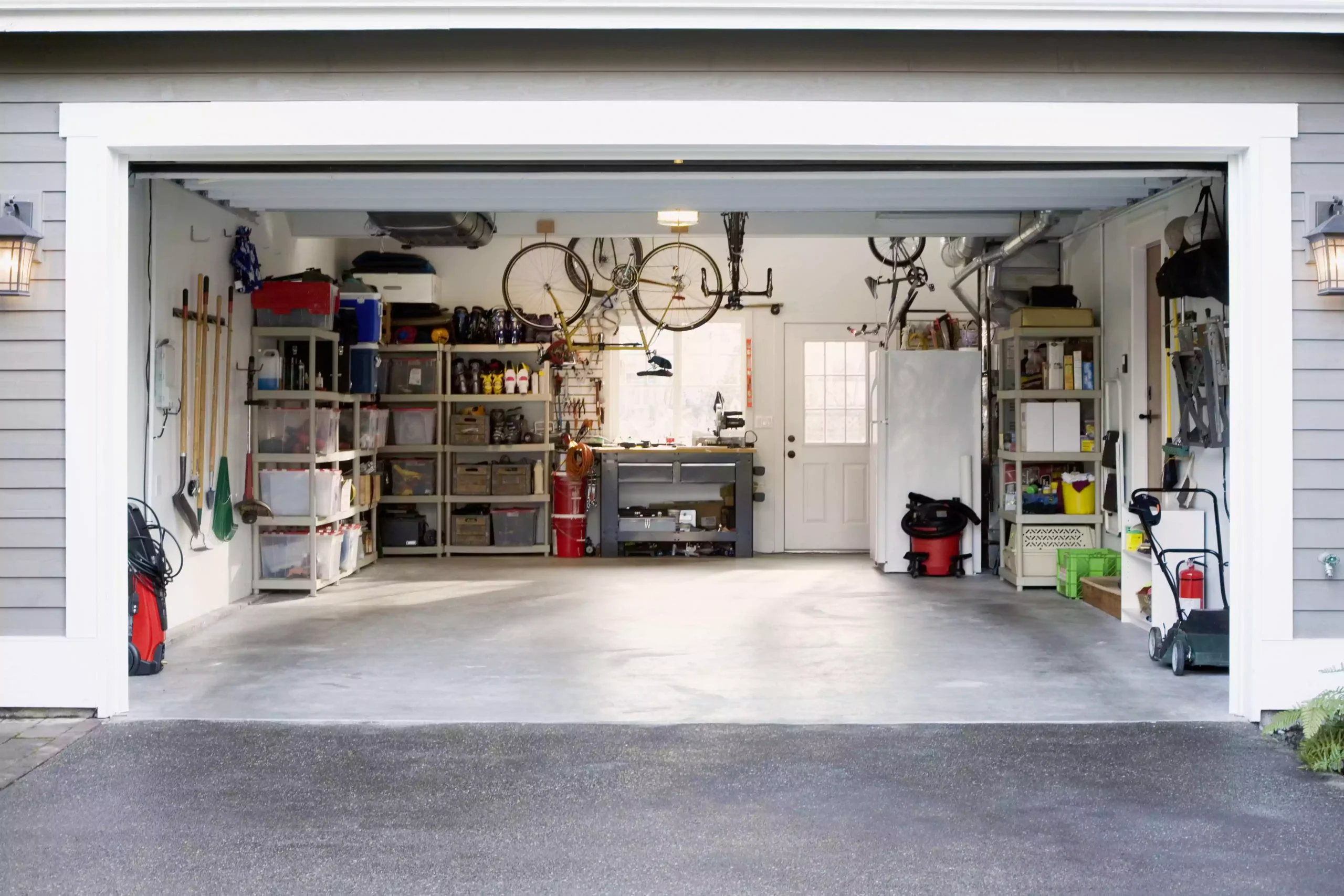Every year, flooding causes extensive damage to residences in Phoenix, Tucson, and throughout Arizona. A flood can also have tragic consequences involving the loss of life.
A July 2017 flash flood in Payson, AZ that resulted from a monsoon-like rainstorm claimed the lives of nine members of an extended family. Taking steps to protect your home from flood can literally mean the difference between life and death.
How Can You Protect Your Home From Flooding?
Fortunately, there are several steps you can take to “flood-proof” your home and possibly prevent a disaster from occurring:
-
Install Sump Pumps
A sump pump is essential for keeping a basement from flooding. Be sure to choose a pump that can operate via batteries or backup generator, as a flood could knock out your home’s main power supply for several hours or even days.
-
Raise Electrical Components above your Home’s Flood Elevation Level
Electrocution is a significant danger during a flood. Contact a licensed electrician and have them raise all electrical components (wiring, outlets, circuit breakers, etc.) at least one foot above your home’s estimated flood level.
-
Waterproof your Basement
Waterproofing your basement and basement entrances can minimize your risk of flood damage. Specific waterproofing steps include keeping gutters, downspouts and storm drains free of debris and ensuring the slope of your property will channel water away from your home. Installing foundation vents can also prevent water from entering the basement.

-
Purchase Flood Insurance
Many property owners mistakenly believe that their homeowner’s insurance policy covers flooding, when in fact, most do not. Review your policy with your agent, and if necessary, purchase additional flood insurance protection if it’s available in your area.
What to Do When Flood Waters Are Rising
There are several actions you should take when flooding is imminent:
-
Move your Belongings to Higher Ground
Move as many household items as possible to elevated areas such as second- or third-story rooms and the attic. Focus on moving valuable furniture pieces, electronic devices that could cause electrocution, and important papers and documents such as your home’s deed, insurance policies and financial records.
-
Elevate Appliances
While you probably won’t be able to move your refrigerator, washing machine or stove to higher ground, you can use concrete blocks to raise them off the ground and possibly prevent the floodwaters from reaching them.
-
Turn off Utilities
Turn off your home’s electrical power supply to lower your risk of electrocution, as well as plumbing fixtures and gas lines.
-
Open your Windows
Closed windows will not keep the floodwaters out. Opening your windows will prevent them from breaking due to the water pressure.
-
Relocate to a Safe Place
Trying to ride out the storm is not a good idea, especially during severe flooding. The last thing you want is to be trapped inside your home while the waters are rising. Once you’ve made your last-minute home preparations, move to higher ground and wait for the floodwaters to recede before returning. Determine the locations of the emergency shelters in your area before the storm arrives.

